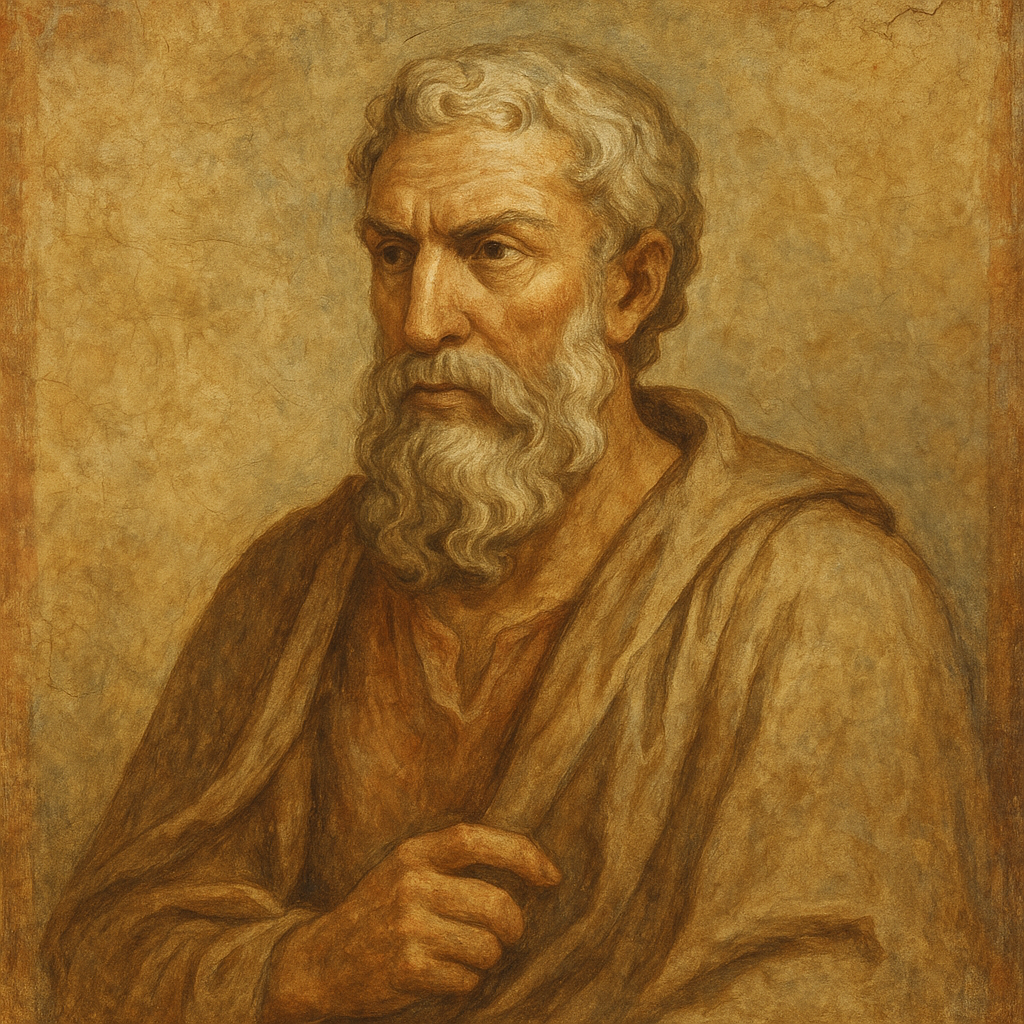What then is to be done? To make the best of what is in our power, and take the rest as it occurs. And how does it occur? As it pleases God… - Epictetus
On any journey of learning, we must come to terms with the fact that, while we must always be growing in understanding if we are to live meaningful lives, that understanding will always be limited and imperfect because we are limited and imperfect beings.
But that is no excuse to wallow in ignorance.
The quote above, which is one of the most concise expressions of this dynamic, comes from the Stoic teacher Epictetus. He avoids the two traps that many other philosophers (including his fellow Stoics) fall into. Some emphasize the importance of contentment to the point of apathy and lethargy. Others prioritize duty while neglecting to take stock of their own limits, refusing to entrust to Providence the vast majority of life’s events that lay outside the span of one’s control. The "duty-without-contentment" types possess purpose but lack peace.
Epictetus prescribes a middle way, that of pietas, which fuses duty and contentment. This boils down to doing all that we can and entrusting the rest to Providence. Epictetus acknowledges, “I shall never be [the legendary strongman] Milo, and yet I do not neglect my body; nor [the extraordinarily wealthy king] Crœsus, and yet I do not neglect my property; nor should we omit any effort, from a despair of arriving at the highest…”
For Epictetus, it’s not about achieving perfection or greatness in the eyes of others, but about everyone realizing his or her own innate potential. No two individuals are the same, so “the highest” will look different for each of us.
But whatever our personal best is, pietas will get us there.


